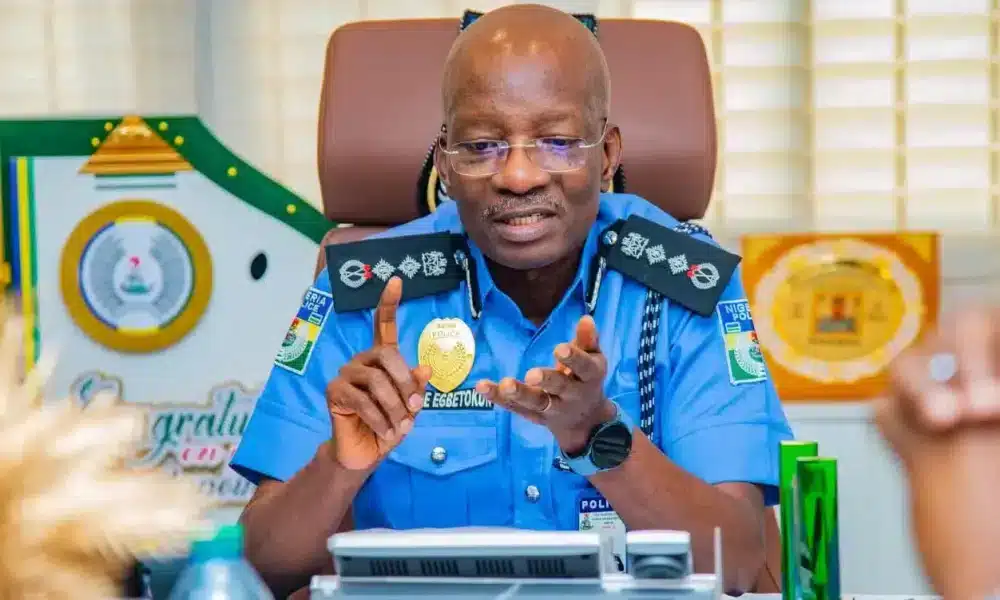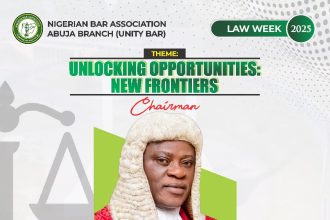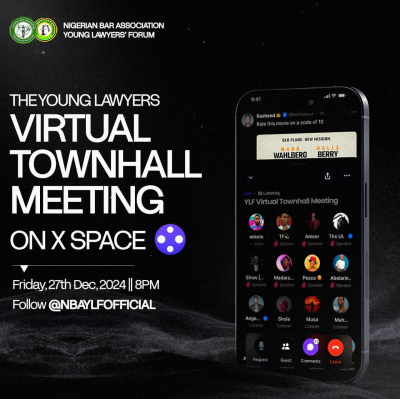The Nigeria Police Force (NPF), established in 1930, has long been the country’s main law enforcement agency, tasked with maintaining internal security, enforcing laws, and protecting citizens.
Despite its essential role, the NPF has faced persistent challenges, particularly around issues of corruption, abuse of power, and accountability. Public complaints of police misconduct have led to several reforms and increased emphasis on internal discipline, especially under recent leadership.
Inspector-General of Police Kayode Egbetokun has been vocal about enforcing a zero-tolerance policy against corruption, aiming to restore trust between the public and the police.

The Nigeria Police Force announced the arrest of four officers from the Zone 16 Zonal Headquarters in Yenegoa, Bayelsa State, following allegations of extortion. The officers, identified as ASP Emmanuel Ubong, Inspector Nse Okon, Inspector Adiewere Collins, and Inspector Kuromare Marine, were accused of coercing ₦10 million from local youths.
Inspector-General of Police (IGP) Kayode Egbetokun, through a statement by the Force Public Relations Officer, Olumuyiwa Adejobi, confirmed that these officers are now in custody and undergoing orderly room trials to face disciplinary action.
The extorted funds have been recovered, thanks to the efforts of the newly appointed Assistant Inspector-General (AIG) in charge of Zone 16. The IGP emphasized his commitment to eradicating corruption within the police force, stressing that misconduct will not be tolerated under his leadership.
“The Nigeria Police Force, under the leadership of IGP Egbetokun, maintains a zero-tolerance policy for any act of corruption and police misconduct,” the statement read, highlighting the force’s commitment to maintaining integrity.
Egbetokun reassured the public that allegations against police officers will be thoroughly investigated, with severe consequences mandated for those found guilty of misconduct. This policy aims to deter corruption within the force, regardless of an officer’s rank, and strengthen public confidence in law enforcement.










